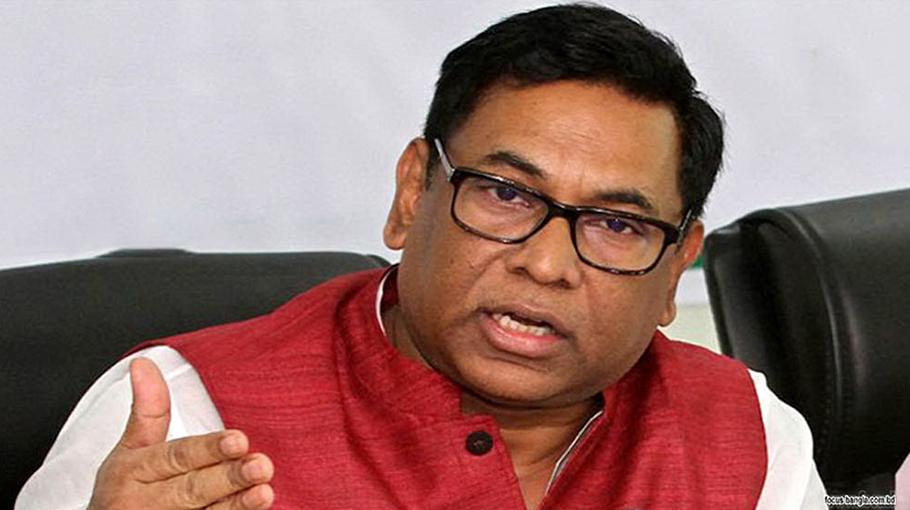New plan on load shedding next week

The government will plan its next steps on area-based power load shedding after monitoring for a week and the situation is likely to improve as time progresses.
State Minister for Power, Energy and Mineral Resources Nasrul Hamid told reporters at his residence on Friday.
Bangladesh has taken various measures including an hour-wise planned load shedding to save fuel in order to reduce pressure on foreign exchange, which introduced on Tuesday across the country.
Nasrul Hamid said "After we get the results of the first week of load-shedding, we will make new plans for the week after and fix another schedule."
Terming the ongoing electricity crisis as temporary, he further said, "Customers are accepting of the situation due to the special circumstances. I think we can get things in order in 10 days and the situation will get better after that.”
Mentioning that the government is searching for energy market at low price, Nasrul Hamid said the country is experiencing 1500 to 2000 MW load shedding per day.
The state minister said that only 10 percent of the total diesel is used for power generation. The remaining 90 percent is used for irrigation and transportation, he added.
The state minister also highlighted the distinction between cities and rural areas in terms of demand for electricity. "If we shed about 100 megawatts of power both in Dhaka and a rural area, you'll find that three villages will be without power. This is a problem."
"The demand for power in villages is very low. Three villages may only consume about 10 megawatts of electricity. But in Dhaka, a single neighborhood uses 100 megawatts. So if we provide about 100 megawatts of power in Dhaka and around 60 megawatts outside the capital, we can cover large swathes of rural areas."
Hamid admitted that the rural parts of the country are being hit by longer spells of load-shedding than cities. "Some villages are experiencing around five hours of load-shedding. We will think about new measures for these areas next week."
The demand for gas in factories and industrial units is also climbing, according to Hamid. "The majority of our gas supply is being directed to industries."
The state minister believes the situation will be somewhat normal when the Rampal power station begins generating electricity next year.
“If we can tolerate these circumstances for a while, we'll be able to rely on a few alternative fuel-based power plants. We are bringing them into operation next year."




